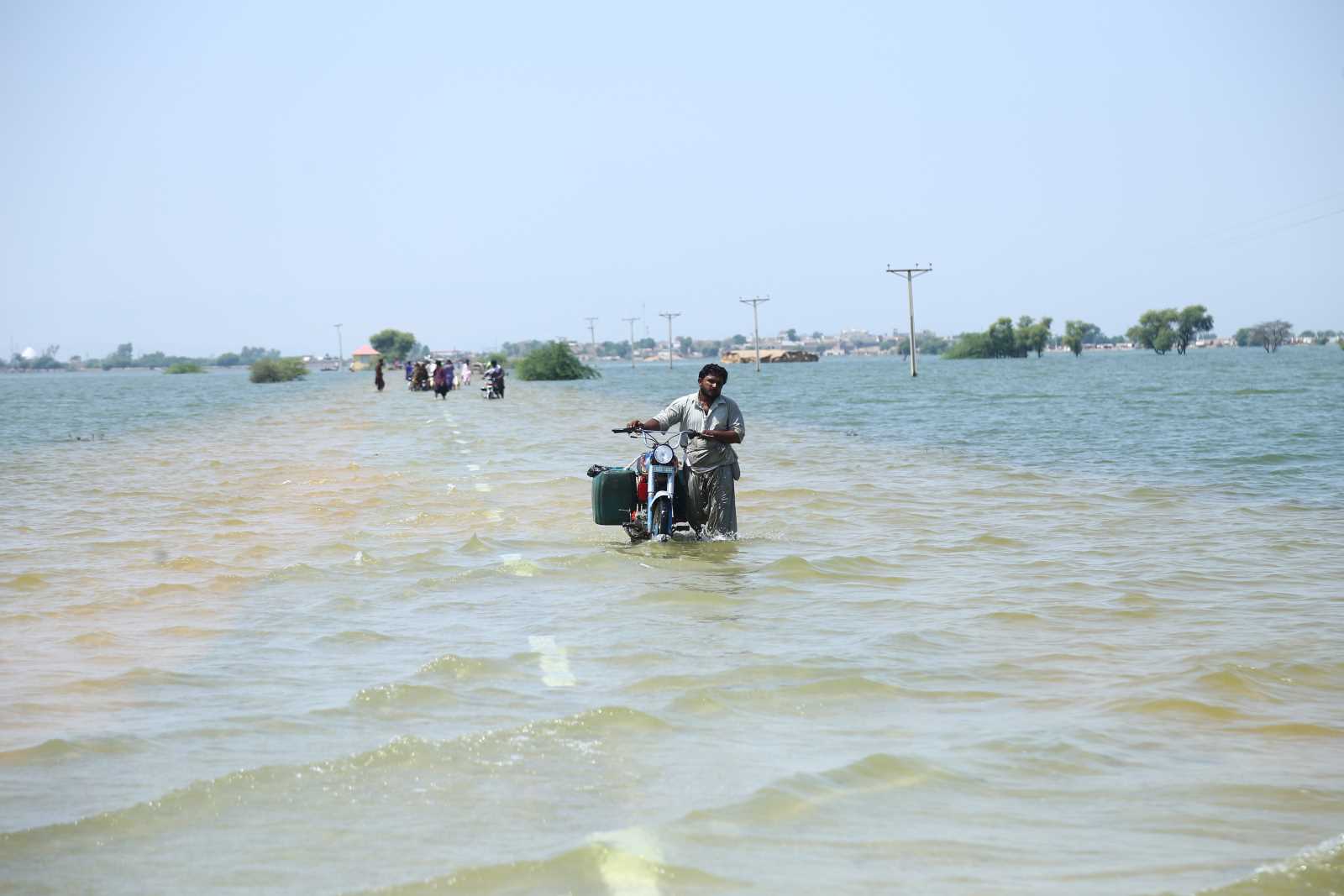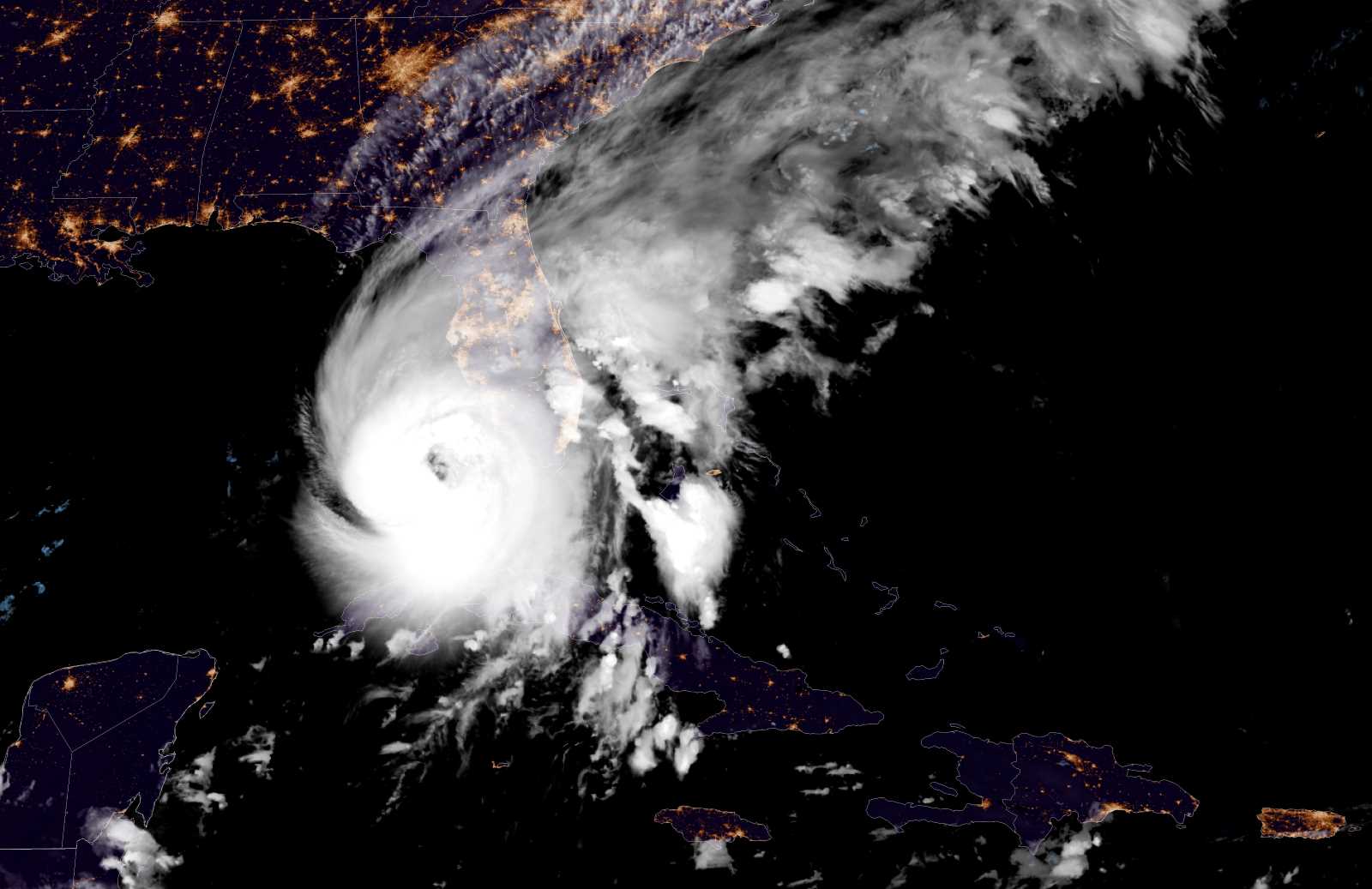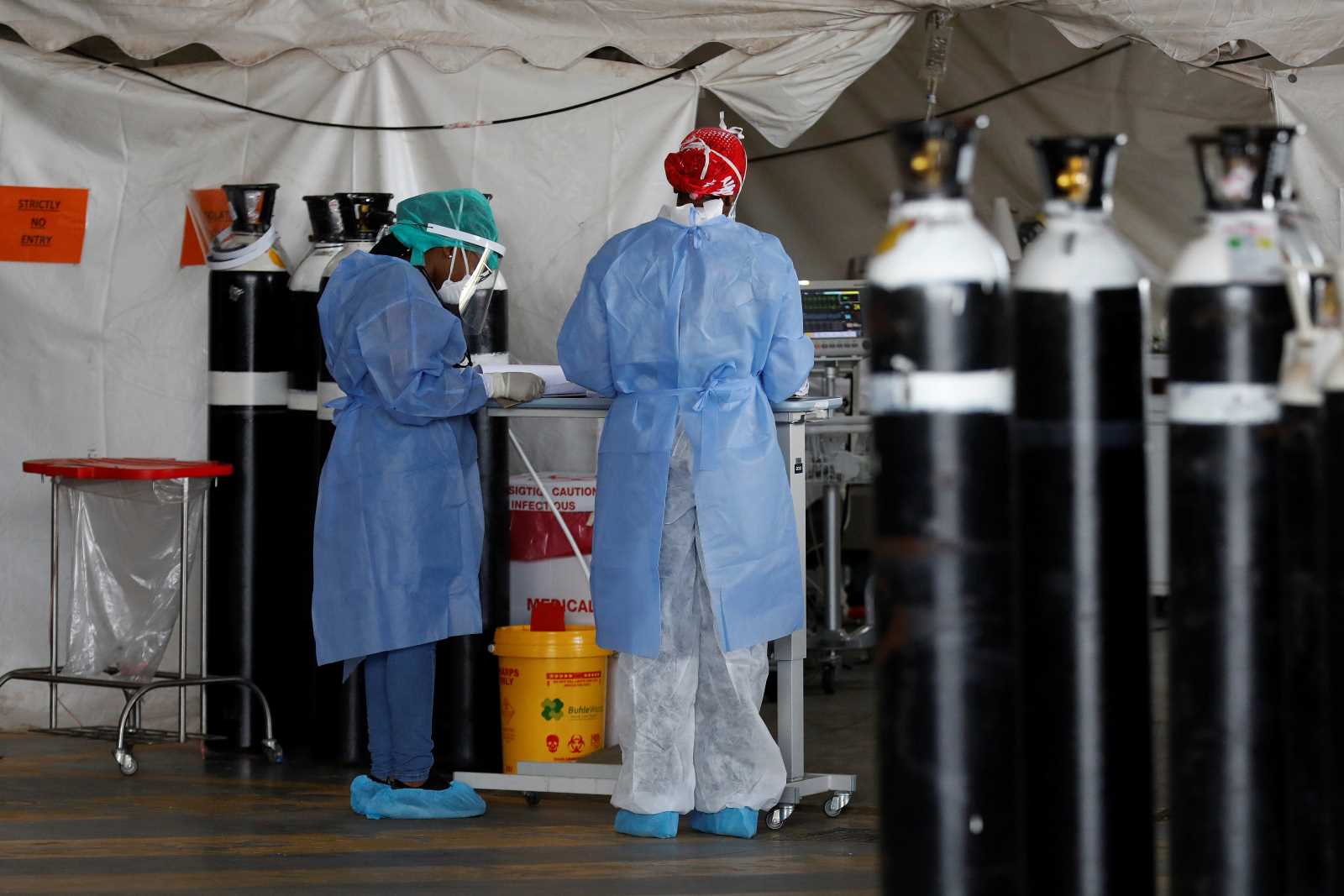Our point of view
Safeguard ecosystem services to save humanity

So far, the erosion of biodiversity does not get the same attention as the climate crisis. In environmental terms, both are equally important. The World Economic Forum’s Global Risks Report lists the loss of biodiversity among the top five most concerning global risks. Indeed, we are destroying nature fast. The Intergovernmental Platform on Biodiversity and Ecosystem Services (IPBES) has reported that the global rate of species extinction is “tens to hundreds of times higher” than it has averaged over the past 10 million years. Around 1 million of 8 million species are considered to be endangered.
Biodiversity is about much more than the diversity of species. The health of ecosystems, such as forests or savannas, matters very much. Ecosystems deliver vital services – such as the pollination of crops or the purification of water bodies. Carbon-storing forests and wetlands, moreover, contribute to regulating the climate.
Determined action is needed – and missing. We need significant change in regard to land-use and sea-use, among other things. We must reduce pollution as well as the use of chemical-industry products – from plastics to pesticides to antibiotics (see entire Focus section of D+C/E+Z e-Paper 2021/03). As global warming and the erosion of biodiversity are mutually reinforcing, more determined climate action is necessary as well (see my comment in the opinion section of D+C e-paper 2021/11).
We have UN agreements concerning biodiversity, but they have not been followed up with sufficient action. Not one of the 20 Aichi Biodiversity Targets, adopted in 2010, was met completely by 2020, the official deadline, for example. Many subsidies that harm biodiversity have thus not been eliminated.
Things may yet improve. In October, UN members adopted the non-binding Kunming Declaration with pledges to reverse the current loss of biodiversity and ensure that biodiversity is put on a path to recovery by 2030. Binding decisions may follow in May next year when the in-person part of the UN Biodiversity Conference will be held in the Chinese city the declaration is named after. Due to the Covid-19 pandemic, it was postponed, with the first part last month taking place digitally.
Expectations are high. More than 70 countries have formed an intergovernmental group called “High Ambition Coalition for Nature and People”. It includes India, the EU and Britain. They want at least 30 % of world’s land and seas to be protected areas by 2030.
Humanity certainly needs ambitious and legally binding biodiversity targets. They must be defined accurately enough to facilitate precise monitoring and verification. What nation states do will matter both in terms of declared aspirations and actual performance. Appropriate funding will be crucial. Prosperous nations, which have caused disproportional damage, will have to support poorer ones beyond the pledges made so far. The latter have the most important biodiversity hotspots. More money from the private sector must be mobilised too.
All of this must happen on top of efforts to stem the climate crisis. We must make the promises of the UN Convention on Biological Diversity and the UN Framework Convention on Climate Change come true. Both is challenging, but doable – given the political will.
Jörg Döbereiner is a member of the editorial team of D+C Development and Cooperation/E+Z Entwicklung und Zusammenarbeit.
euz.editor@dandc.eu












